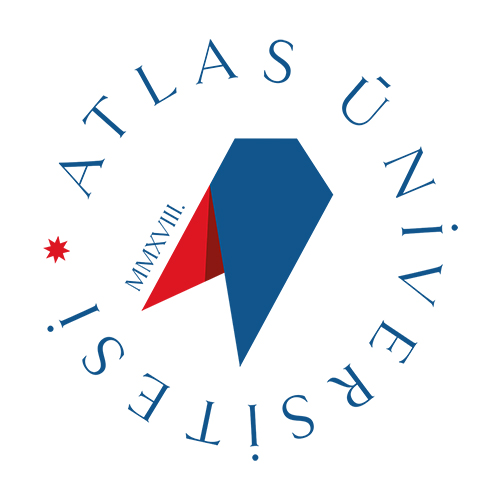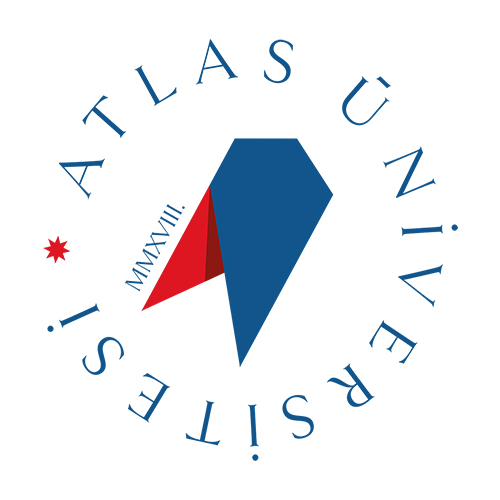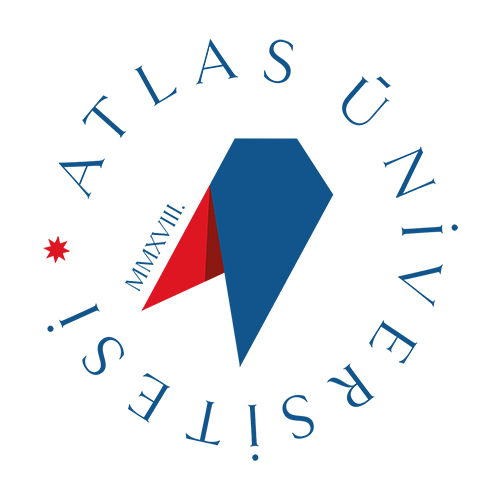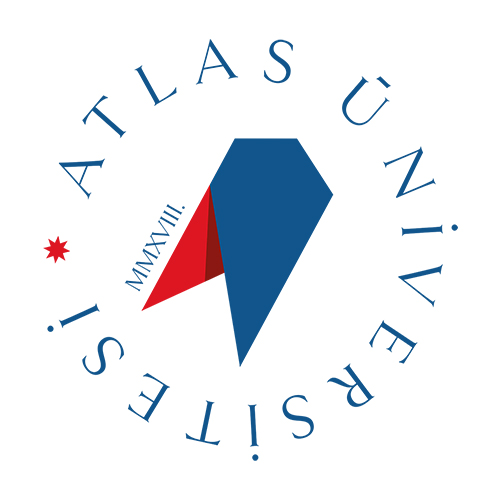Pharmacy Technician Certification Program
This training program focuses on developing pharmacy technicians' knowledge, communication, and sales skills for non-pharmaceutical product groups. It offers comprehensive, hands-on content covering product knowledge, patient communication, persuasion techniques, and shelf management in categories such as phytotherapeutics, dermocosmetics, dietary supplements, and personal care products.
The purpose of this program is to enable technicians to effectively identify the ever-increasing portfolio of non-drug products in pharmacies, to accurately analyze patient and customer needs, to develop ethical sales and communication skills, and to gain competencies that will add value to pharmacy service quality.
1) Basic Pharmacy Knowledge and Health Terminology (TOTAL 8 HOURS)
a) Basic Medical Terminology - Instructor Pharmacist Ferruh Karamangil (1 hour)
b) Human Biology, Physiology & Histology and Common Health Problems and Health Statistics - Instructor Pharmacist Ferruh Karamangil (2 hours)
c) Pharmacology - Instructor Pharmacist Ferruh Karamangil (3 hours)
i) Basic Principles
ii) Drug information
iii) Most commonly prescribed drugs and their indications
iv) Diagnostic diagnosis compatibility
v) Things to know about SUT
(1) What is the basic logic of the SUT? Why are updates and changes made to the SUT?
(2) Reading and understanding the SUT correctly
d) Pharmacy Legislation - Professional Ethics and Business Culture - Instructor Pharmacist Biröz Biricik (2 hours)
i) General Information on Legislation
(1) Rights and responsibilities of pharmacy employees
(2) Patient rights and professional boundaries
(3) Scope of OTC product consultancy
ii) Basic professional ethical values
iii) Business identity-Business culture
2) Information Technologies and Digital Applications (TOTAL 4 HOURS) – Instructor Pharmacist Ferruh Karamangil
a) Pharmacy Automation programs/systems
i. What does it serve?
ii. What is the logic?
iii. How can we make our work easier and increase efficiency in pharmacy operations?
iv. Software and technological devices we need to use in the pharmacy
b) Stock and product tracking via pharmacy software
c) Patient cards / loyalty systems
d) Campaign management and CRM applications
e) Social media and digital sales awareness
f) Techno Promotion and Digital Workshop
3) Pharmaceutical and Non-Pharmaceutical Products - Product Information and Pharmacy Process Management (TOTAL 20 HOURS)
a) The Short Adventure of Medicine: From the Laboratory to the Patient – Instructor Pharmacist Gökhan Şeremet (1 hour)
b) Pharmacotherapy Process and the Role of Drugs in Treatment – Instructor Pharmacist Gökhan Şeremet (1 hour)
c) Supportive Roles of Non-Pharmaceutical Products and Their Contributions to Health – Instructor Pharmacist Gökhan Şeremet (1 hour)
d) The role of non-drug products in patient care in the pharmacy - Instructor Pharmacist Göhan Şeremet (1 hour)
e) Association and matching with drugs and prescriptions to reveal the supportive properties of non-drug products (interactions, most frequently encountered) – Trainer Pharmacist Gökhan Şeremet (1 hour)
f) Categorization: correct categorization logic – Instructor Pharmacist Gökhan Şeremet (4 hours)
i) OTC products and their positioning, presentation and correct use in pharmacies)
(1) Promotion and sponsorship options for dietary supplements
ii) Cosmetics and personal hygiene (Personal care products and their positioning, presentation and correct use in pharmacies)
iii) Medical Products (Medical consumables and medical device information, basic features, operating logic, potential problems and solutions)
(1) Sponsorship options for promoting medical devices, medical products and medical/personal care products
g) Process management in case of negative feedback - Trainer Pharmacist Gökhan Şeremet (1 hour)
h) The line between consulting and sales - Trainer Pharmacist Gökhan Şeremet (1 hour)
i) Detailed Information According to Functional Product Groups
i) Phytotherapy and Nutraceuticals - Instructor Pharmacist Gökhan Şeremet (2 hours)
(1) Food supplements: vitamins, minerals, probiotics
(2) Herbal teas, syrups, topical products
(3) Areas of use – effect, dose, interaction
ii) Dermocosmetic Product Information - Instructor Pharmacist Almila Öztosun (2 hours)
(1) Choosing the right product for your skin type
(2) Acne, atopic dermatitis, anti-aging product groups
(3) Understanding the differences between brands
iii) Baby Products - Instructor Pharmacist Almila Öztosun (2 hours)
(1) Baby food, pacifiers, diaper rash cream, baby shampoos
(2) Informing and guiding the family
iv) Medical Products and Devices - Instructor Pharmacist Biröz Biricik (2 hours)
(1) Blood pressure monitor, glucometer, orthopedic supports
(2) Instructions for use, after-sales support
v) Personal Care and Hygiene Products Information - Instructor Pharmacist Almila Öztosun (1 hour)
(1) Oral care, hair care, genital hygiene products
(2) Correct information on hygiene products
4) The Role and Operational Contributions of the Technician in Pharmacy Management - Instructor Pharmacist Biröz Biricik (4 hours)
a) Order placement and purchasing management. Tips, strategic and tactical approaches
b) Pharmacy Technician in activities that increase efficiency and profitability in the pharmacy
i) Inventory management
ii) Purchasing Management and Operation (Tips, strategic and tactical approaches)
iii) Bargaining, additional budget, discounts, promotions
iv) Company orders
v) Communication with local pharmacies
vi) Taking and using initiative (critical issues, tips)
vii) Codes that increase profitability, productivity, efficiency and customer satisfaction
viii) Hygiene rules, general cleaning, things to consider in their applications
ix) Reputation management - the image of the pharmacy (The image of the pharmacy is determined by its employees)
x) Image is not a photo frame, behavior and attitude are essential.
5) Visual Order and Shelf Management (Merchandising) - Instructor Pharmacist Almila Öztosun (4 hours)
a) Shelf layout by category: eye level, cross-selling
b) Labeling and pricing
c) Stock control, expiry control
d) Positioning of campaign products
e) Design of theme/campaign days in the pharmacy
6) Effective Communication, Correct Behavior and Ethical Sales Skills in the Pharmacy - Instructor Pharmacist Biröz Biricik (4 hours)
a) Understanding patient/customer behavior
b) Persuasive and ethical communication techniques
c) Needs analysis in product presentation
d) Active listening and asking questions in sales
e) Communication with difficult patients/clients
f) Communication channels and codes for pharmacy technicians
i. Pharmacy technician; pharmacy technicians
ii. Pharmacy technician; patient
iii. Pharmacy technician; customer,
iv. Pharmacy technician; pharmacist
v. Pharmacy technician; medical representative
vi. Pharmacy technician; official institution official
vii. Pharmacy technician; doctor
viii. Pharmacy technicians; pharmaceutical warehouse workers;
(shipping personnel, sales representative (telephone operator), regional manager, accounting, sales/purchasing manager ..)
7) Critical Roles of Technicians in Pharmacies - Instructor Pharmacist Biröz Biricik (2 hours)
a) Assisting the pharmacist and correct role sharing between the technician and pharmacist in the patient-pharmacy relationship
b) The Importance of Time Management, Division of Labor and Task Sharing
c) Creating loyal patients
d) Follow-up and technician contribution in consultancy products
e) The role of the technician in over-the-counter maintenance services
8) WORKSHOP: Real Case Applications & Role Plays - Instructor (2 hours) / Pharmacist Biröz Biricik - Pharmacist Gökhan Şeremet - Pharmacist Almila Öztosun - Pharmacist Ferruh Karamangil
a) The role of dermocosmetic recommendation in the pharmacy
b) Patient profile analysis and correct product recommendation
c) Post-sales feedback collection scenarios
• Technicians who actively work or want to work in the pharmacy
• Pharmacy personnel who want to specialize in non-pharmaceutical products
• New graduates or students of health vocational high schools / vocational schools preparing for the profession
• Development-oriented team members supported by pharmacy managers
40 hours (20 hours of theory + 20 hours of practice)
4 weeks, 2 days a week, 10:00 - 16:00
January 10-11, 2026
January 17-18, 2026
January 24-25, 2026
January 31 - February 1, 2026
You can use the following methods when making payment for Istanbul Atlas University Continuing Education Center trainings;
A-PAYMENT VIA BANK
1. By EFT or Money Order to the bank account we have an agreement with, by stating the "Education Name" and "Name Surname" information in the description section.
| ACCOUNT NAME | ACCOUNT NUMBER | BRANCH | IBAN | |
|---|---|---|---|---|
| İstanbul Atlas Üniversitesi İktisadi | 24807093 | Ümraniye Şubesi (248) | TL | TR15 0006 7010 0000 0024 8070 93 |
In order to receive a "Certificate", it is necessary to meet the 80% attendance requirement and get 70 or above from the exam to be held at the end of the course.
Participants who fail to pass the exam by meeting the attendance requirement will be given a "Participation Certificate".
Educators

Ecz. Biröz Biricik

Ecz. Gökhan Şeremet

Ecz. Zehra Almila Öztosun

Dr. Ferruh Karamangil
Pre-Application Form
If you want to join our course program, please fill in the required information below.